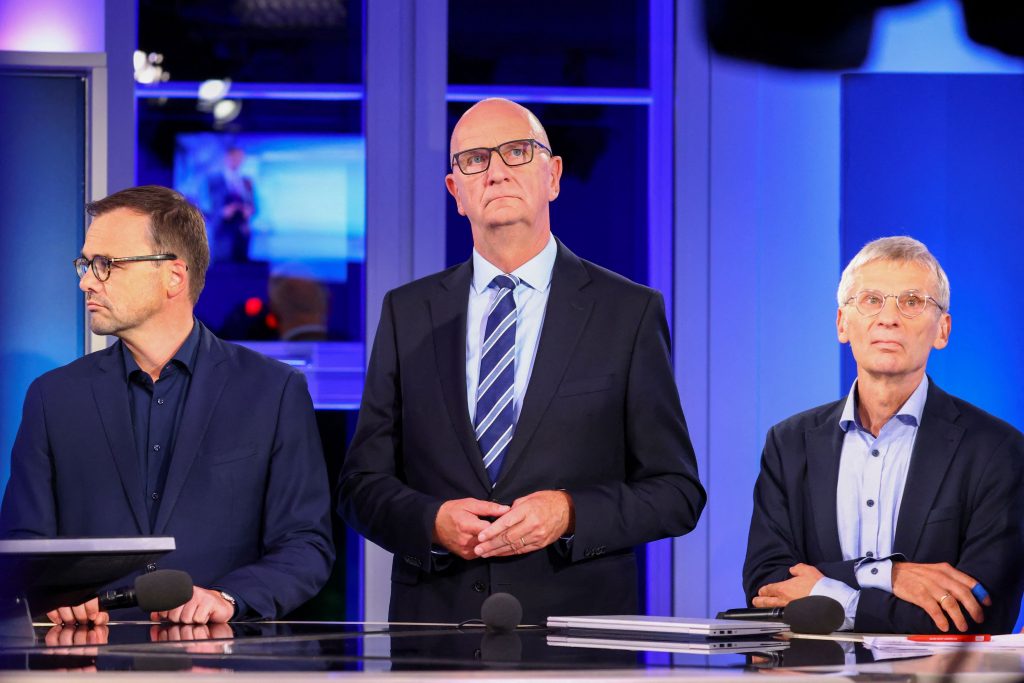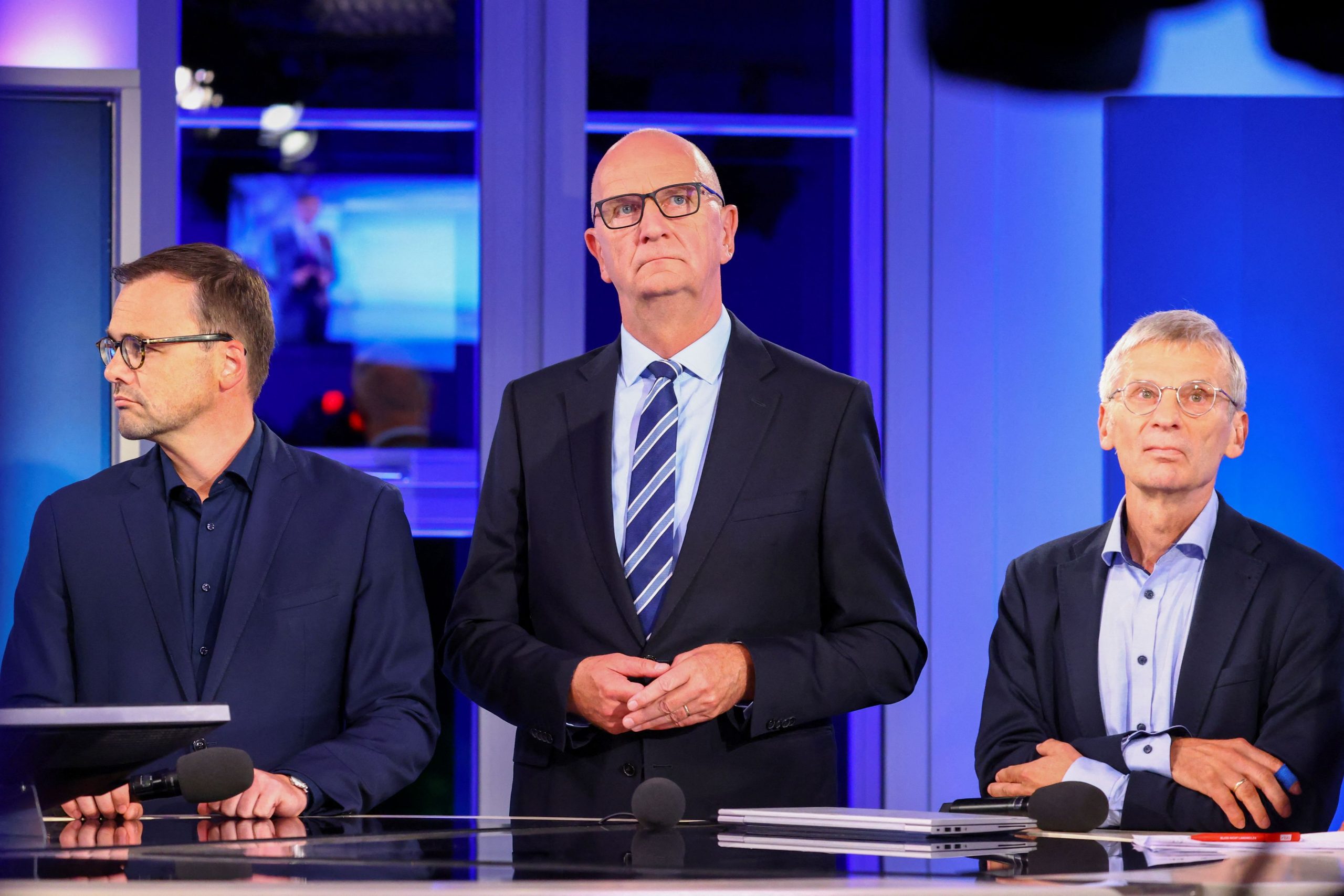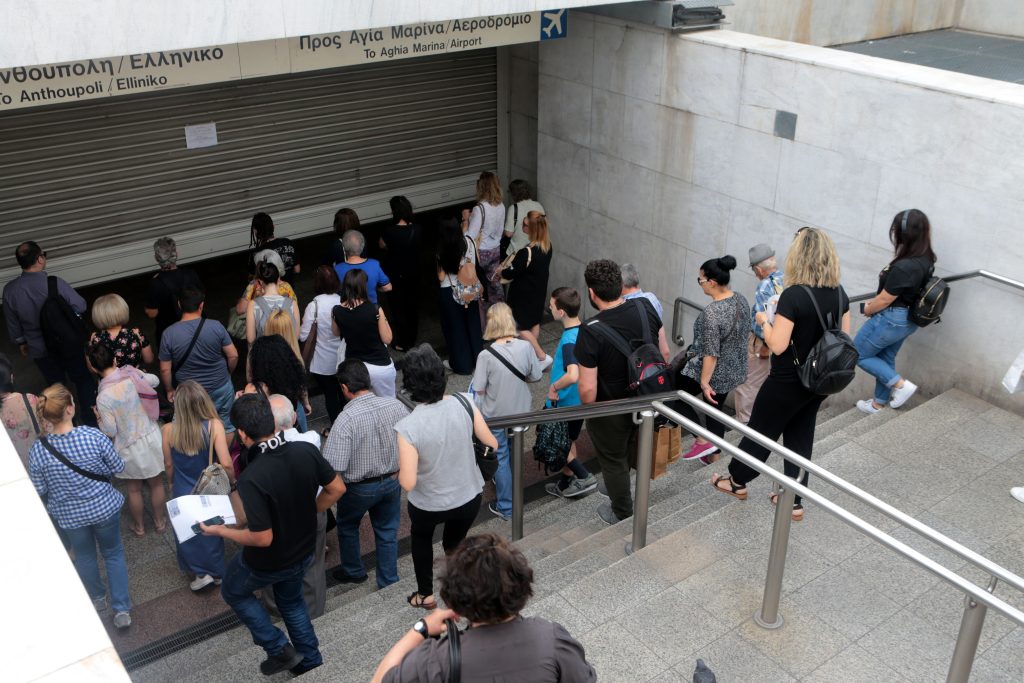One year before the national general elections, the outcome of the local vote in the eastern German state of Brandenburg holds significant implications for the political future of the entire country. The federal system ensures that regional elections are often viewed as a political barometer, sometimes even drawing international attention. What transpires politically in Germany’s provinces can reverberate at the highest levels of power in Berlin. This dynamic was particularly evident in Brandenburg’s recent regional elections, which resulted in a narrow yet decisive victory for Chancellor Olaf Scholz’s Social Democratic Party (SPD).
The far-right Alternative for Germany (AfD) continued its upward trajectory but fell short of its declared goal of becoming the leading party, a position long predicted by polls.
The SPD’s victory can be attributed to a vigorous mobilization campaign, coupled with a highly popular lead candidate and state premier, Dietmar Woidke, whose appeal extends well beyond the SPD’s traditional base. As a result, supporters of other parties cast their votes for the SPD to prevent an AfD win.
In the lead-up to the elections, there was speculation that another defeat for the SPD—following recent setbacks in Thuringia and Saxony—would intensify pressure on Chancellor Scholz. Media reports suggested internal party discussions about potentially replacing the unpopular Chancellor with the more favorable Defense Minister, Boris Pistorius, mirroring the strategy employed by Democrats in the United States when they elevated Vice President Harris over the embattled President Biden just before the elections. However, the SPD’s success in Brandenburg has helped stabilize Scholz’s position.
Nevertheless, the Social Democrats secured their regional victory not because of Scholz, but in spite of him. “Scholz is now so unpopular that he is perceived as a liability,” writes Der Spiegel in its election analysis. In fact, the SPD’s regional branch in Brandenburg expressly excluded the Chancellor from its campaign, highlighting the strong autonomy of regional party organizations typical of German federalism—a structure inconceivable in a centralized system like Greece.
Although the AfD did not achieve its goal of becoming the strongest party, it made significant gains, securing just under 30 percent of the vote. Despite this, the far-right party has no realistic path to power, as there remains a broad consensus among democratic parties that cooperation with the AfD—some of whose leading members openly espouse fascist views—is out of the question.
Still, the election results reflect the radical right’s growing influence in eastern Germany. It is a small consolation that the party remains far weaker in West Germany, where the majority of Germans live, compared to the East.
Meanwhile, the Alliance Sarah Wagenknecht (BSW)—the only party in Europe to bear the name of its leader—continued its meteoric rise. Just five months after its establishment in Brandenburg, the party garnered over 13% of the vote. For the SPD to remain in power, it will likely need to form a coalition with BSW, a political development that will fuel debates over potential future alliances, including in Berlin.
The success of these left-wing populists, whose rhetoric sometimes mirrors that of the right-wing populists, has come largely at the expense of Die Linke, traditionally strong in eastern Germany but now left without representation in the regional parliament.
A brief mention must be made of the Christian Democratic Union (CDU), the largest opposition party at the national level, which suffered a historic defeat, earning just twelve percent of the vote. The CDU’s poor showing can be partly attributed to its supporters choosing to back the SPD in an effort to curb the AfD’s influence.
With one year remaining until the Bundestag elections in September 2025, the Chancellor’s party has regained a sense of optimism. The once widely discussed possibility of early elections now appears less likely, signaling a degree of political stability amidst an increasingly volatile landscape.
Dr. Ronald Meinardus is a Senior Research Fellow at the Hellenic Foundation for European and Foreign Policy (ELIAMEP).




